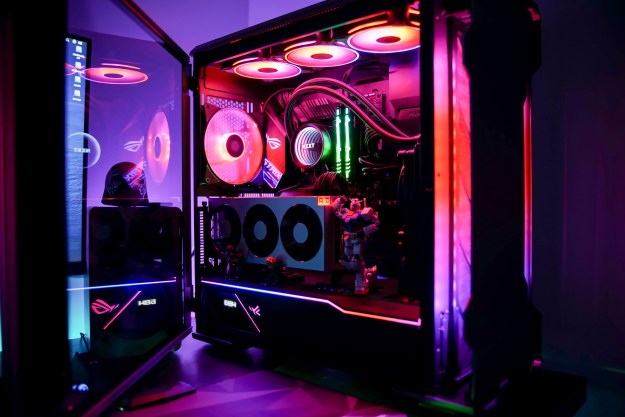Microsoft is bringing a new video encoding API to DirectX 12 in Windows 11. The new API aims to help app developers tap into the raw power of GPUs so that video editing tasks can be more efficient, and speedy.
Now available in preview to third-party apps, the API is native to Windows 11 and should allow video engines to better perform with the modern standards of DirectX 12. Both the N264 and HEVC codecs will be supported, which are two of the most popular in many video editors such as Filmora or Adobe Premiere.

But how does the new API work? It’s a bit complicated, but Microsoft says that the API takes each video frame represented by ID3D12Resource textures and compresses them into an ID3D12Resource buffer. That buffer contains the slice headers and payload of each encoded frame. The company dives a bit deeper into the technicalities of the API over on GitHub.
As for which GPUs support the API, you should not be too surprised. Most modern GPUs are on the compatibility list. With AMD, that includes Radeon RX 5000 series or greater, Ryzen 2XXX series or greater. With Intel, that includes Tiger Lake, Ice Lake, and Alder Lake GPUs. Finally, with Nvidia, the list includes GeForce GTX 10xx and above, GeForce RTX 20xx and above, Quadro RTX, and Nvidia RTX. Support varies by platform, as each GPU has a minimum driver version for this new API.
“We are happy to announce that D3D12 has added a new Video Encode feature to the existing video API families, with a new set of interfaces that allow developers to perform video encoding using GPU accelerated video engines,” writes Sil Vilerino, a software engineer on the Microsoft DirectX team.
This is just one of the latest efficiency features for Windows 11. Microsoft has previously highlighted some of the performance benefits of the new operating system. Under the hood,
Editors' Recommendations
- Windows 11 might nag you about AI requirements soon
- AMD is making the CPU more and more obsolete in gaming
- Windows 11 may replace a favorite shortcut with more AI
- Windows 11 could be hurting your gaming performance
- One of Windows 11’s most requested features may launch soon


